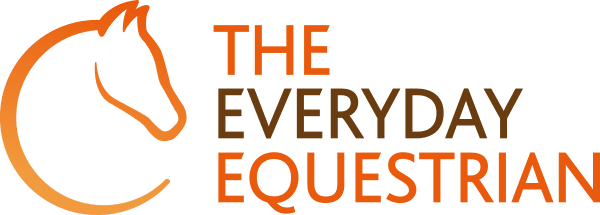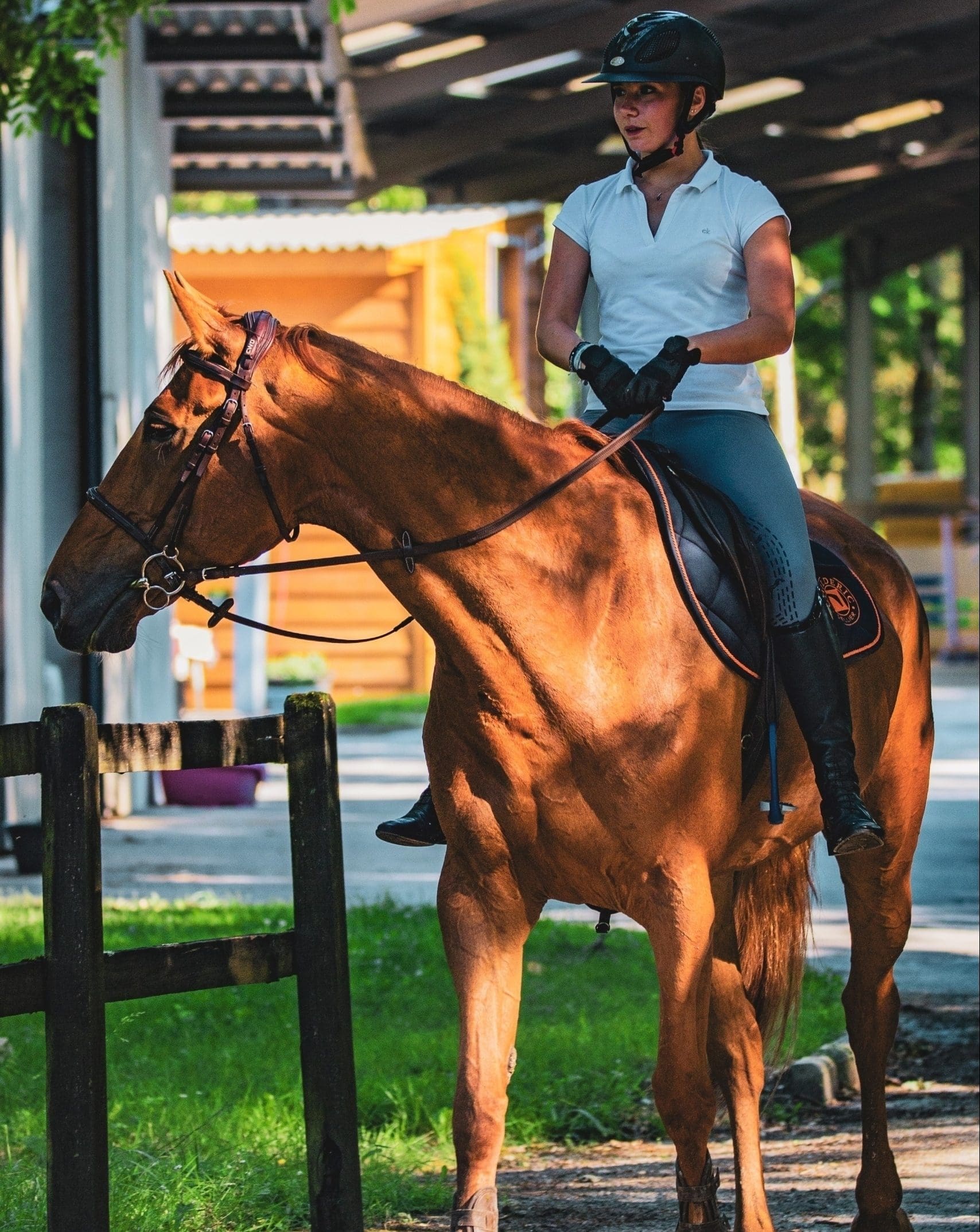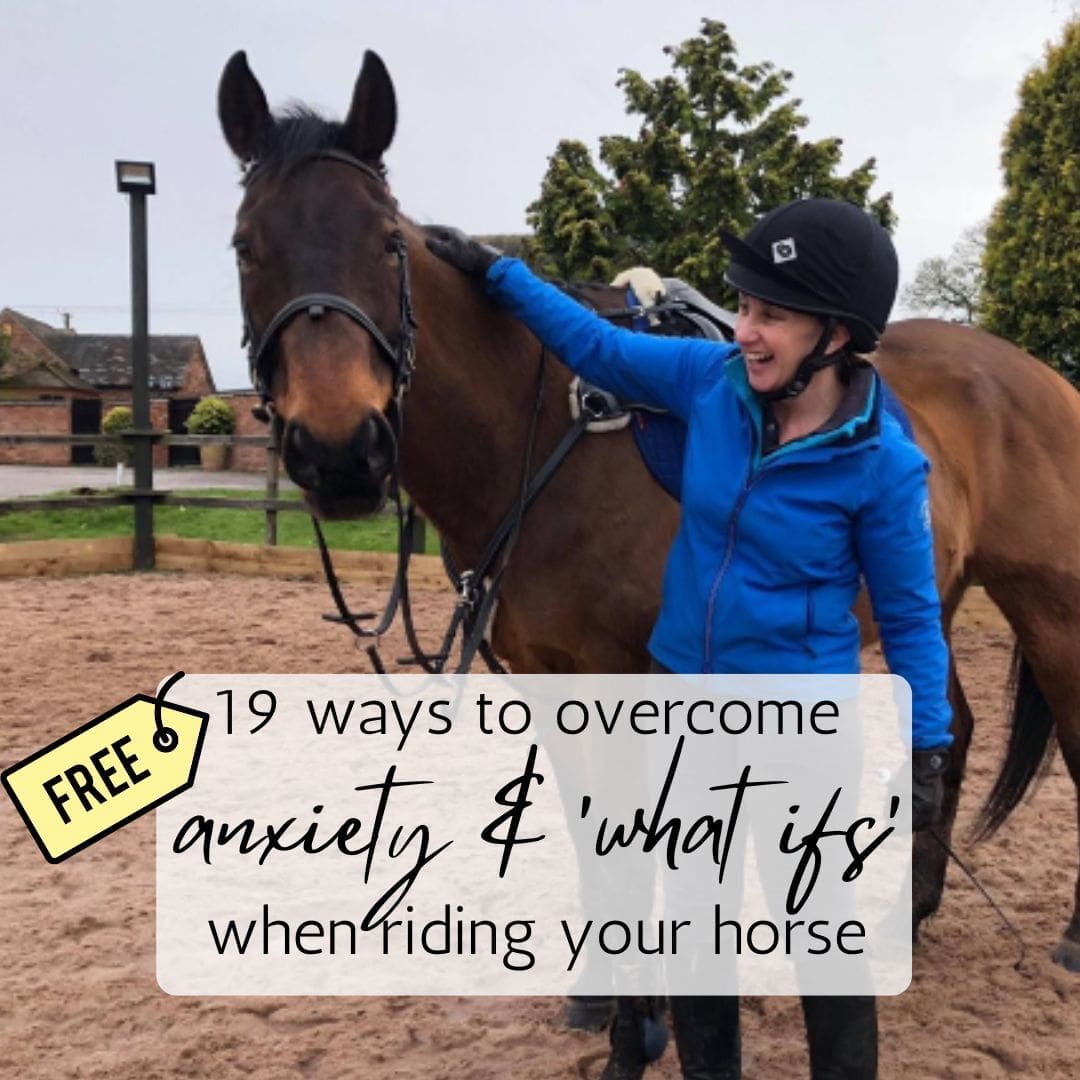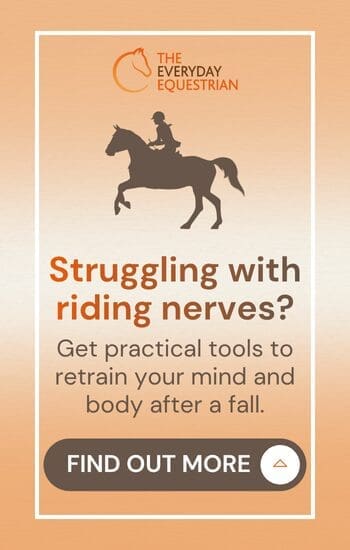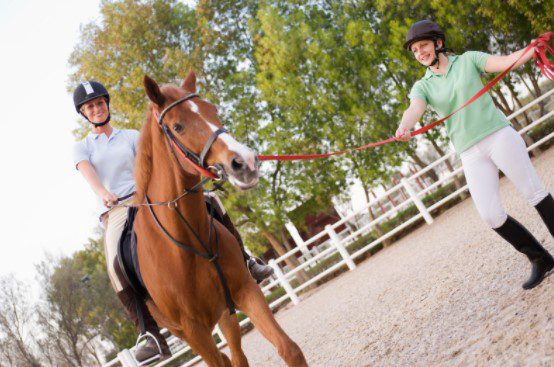
It doesn’t matter if you are a complete beginner or a seasoned professional attending horse riding lessons can be highly beneficial for both you and your horse. Horse riding is a continuous learning phase and most definitely worth the investment.
Many horse owners choose not to take lessons and therefore can often become stuck in a rut. It can often be difficult to fully focus and truly reach your goals when you are trying to do it alone. Having the support of a qualified instructor can make a huge difference to your riding success and can help you overcome mental blocks that could be holding you back.
This all sounds very simple, however, finding an instructor that suits you and your horse well is vitally important to your success. Picking a name out of a hat and hoping for the best rarely works in this scenario and it is fair to say there are some key considerations you should look at before taking the plunge.
So, what should I be looking out for?
When looking for a new instructor you are effectively seeking an individual that can compliment you and your horse well. This isn’t necessarily the person that you like the most or the person that is the most qualified in the world to do the job. It is quite often the person that you least expect and it is true to say there is always an element of trial and error involved.
There are, however, some things you may want to take into consideration to find that perfect person to do the job for you and your horse.
Experience with horses
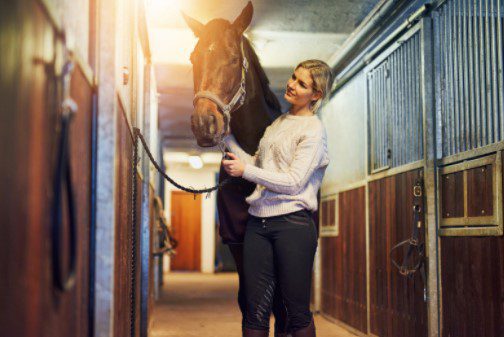
Finding an instructor that has a significant amount of experience with horses is usually quite high up on the list. After all, you want the comfort in knowing that they really do know what they are talking about and have gained a wide breadth of experience first-hand with a variety of horses.
Instructors that have experience in dealing with lots of different types of horses are particularly appealing as it usually means they can handle most situations with ease. For instance, they may have experience with ex-racehorses, youngsters or problem horses that can be particularly challenging to teach.
Finding an instructor with this type of all-round experience with horses can help put you at ease. They are likely to be comfortable and calm since they have dealt with it all before. The type of experience you should ideally look out for is:
- Different breeds of horses
- Youngsters
- Older horses
- Ex-racehorses
- Problem horses
Riding experience
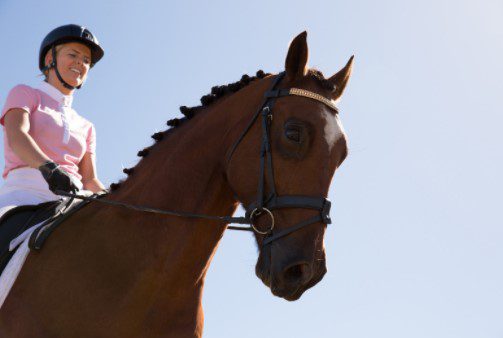
For some, the amount of riding experience an instructor has is important in the decision-making process. You want your instructor to fully understand what you are feeling under the saddle and explain to you how they would deal with situations themselves from experience.
You may want to do some competing yourself therefore it is important to you that your instructor has taken the same path successfully themselves. Or maybe they ride at a certain level or discipline that is particularly appealing to you since this is where you see your riding heading in the future.
Choosing an instructor that understands completely where you are coming from since they have been there many times themselves can help increase your confidence and focus so you really feel like you are on the same page.
If this is important to you then you may want to look out for instructors with experience of:
- Competing
- Riding at a certain level that compliments the level you are at
- Riding in various disciplines (Dressage, Showjumping, Eventing etc.…)
Coaching experience
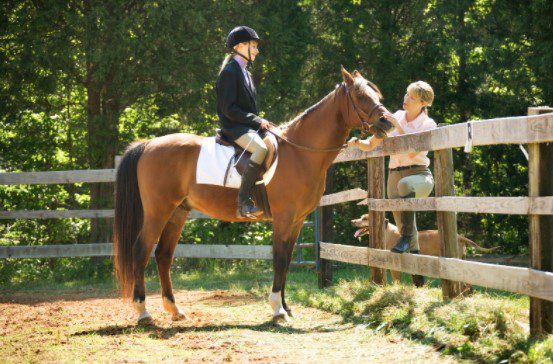
The amount of coaching experience your instructor has could be a deciding factor for you. It’s all very well being taught by an instructor that has a ton of practical riding experience, but are they able to coach the rider through all the trials and tribulations that riding brings?
It takes a special kind of person to become a good coach and just because they may be a fantastic rider does not mean they will necessarily be a great coach. Look for a coach that has the teaching experience to back up the theory. We can all read from a book, but a coach that has put in the practical teaching hours will usually come out on top.
Look out for coaching experience in a variety of settings such as:
- Children’s lessons
- Pony Club
- Riding School
- Teens
- Adults
- Specific disciplines
Qualifications
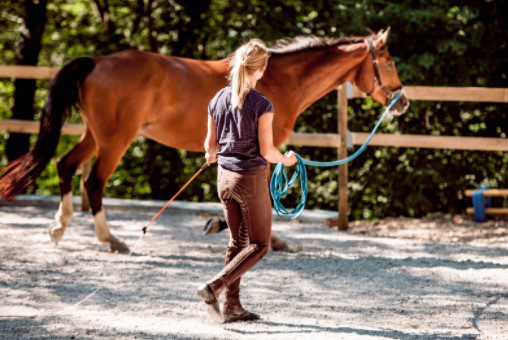
British Horse Society, UKCC qualifications through BD, BE, BS, Pony Club etc., Association of British Riding Schools, Safeguarding training, DBS checks, First Aid training
For some riders, the coaching qualifications your instructor has achieved is likely to be one of the key factors for you. After all, it doesn’t seem logical to be training for your BHS Stage 4 ride with an instructor that has only just passed their BHS stage 2 teach. You would want to be sure that your instructor has been there and completed everything you are trying to achieve and more.
If you are choosing an instructor to teach a minor then you may decide to look for one that has taught at Pony Club level and has passed their Safeguarding training as well their DBS checks for safety reasons. A rider looking to compete in eventing may have comfort in choosing an instructor that is a BE coach.
Some qualifications to look out for:
- British Horse Society
- UKCC qualifications through British Dressage, British Eventing, British Show Jumping
- Pony Club
- Association of British Riding Schools (ABRS)
- Safeguarding training
- DBS checks
- First Aid training
It is fair to mention that there are many different levels of qualifications available particularly through the BHS and it is important to know the difference between these. Many instructors have gone through rigorous training to achieve the highest level of qualifications possible which is awarded on an evidence-based system.
If you want to find out more about the structure and levels of BHS qualifications then check out the link below which will show you a handy chart of the pathway lots of well-qualified instructors choose to take.
Coaching ethos
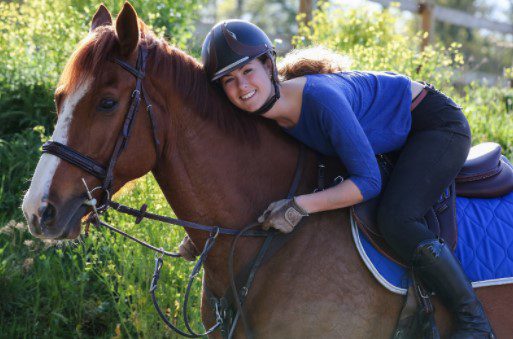
Being able to build a bond with your instructor is very important. Communication between instructor and rider can often be an issue and if you are unable to build that connection early on then it is fair to say problems may occur later on down the line.
Instructors and riders should be viewed as a team and having the same vision and values can without a doubt help build a long-lasting, trusting relationship. Unfortunately, it can be hard to determine at the beginning when looking for a suitable instructor however this is where recommendations from family, friends and professional connections can come in very handy. They can give you the low down on exactly what a particular instructor’s coaching ethos is like and you can decide how this is likely to align with your own.
Look out for:
- Vision
- Values
- Horse welfare
- Communication skills
Specialisms
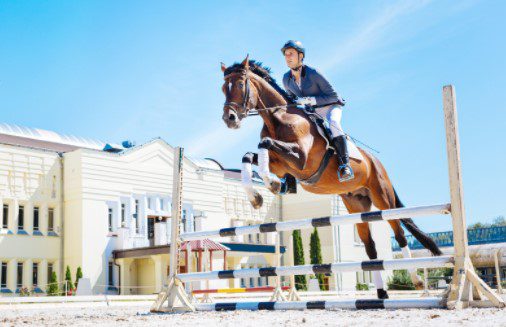
One final push towards a particular instructor may be to do with an area they specialise in. Not all instructors pass their BHS exams and are satisfied. Some like to explore other areas of interest and get qualified in those areas too. This can be very beneficial for you, especially if you are struggling in some of those areas yourself.
If you are a rider that lacks confidence with your horse and tends to overthink everything then an instructor that specialises in rider confidence issues could be the ideal choice for you. They will not only work with you on the practical side of riding but will work with you to change your mindset and break down some of those barriers that are holding you back from enjoying your riding.
You and your trusty steed may want to pursue your dressage dreams together and therefore an instructor that specialises in dressage may be the perfect answer to your prayers. Some specialisms you may want to consider when choosing an instructor are:
- Disciplines (Dressage, Showjumping, Eventing)
- Rider Confidence
- Rider biomechanics
Professionalism
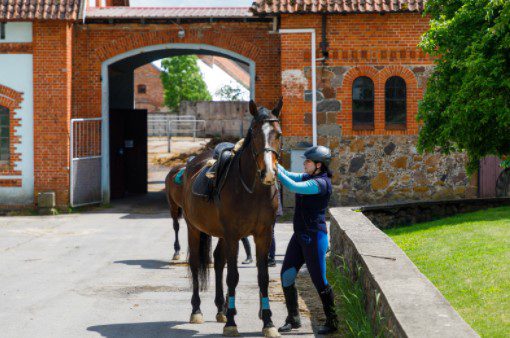
Professionalism can go a long way and it is often easy to determine at what level when you first start speaking to a potential instructor. How your enquiry is dealt with can be the difference between them receiving your business or not.
Instructors that are serious about their business will treat you with respect and will usually go above and beyond. Their customer service is second to none and they usually spend much of their time investing in their business and themselves by continuing with their own professional development to benefit their loyal client following.
Professional coaches are not always the cheapest around as they know their worth and value to the client. Picking the cheapest instructor around is not always the best idea and there are many more factors to consider other than cost. However, living within your means is a fact of life and therefore you should always weigh up the value you are receiving vs cost as a good happy medium.
You may want to consider the following when deciding on a new horse riding instructor:
- Their customer service skills
- Going above and beyond for their clients
- Value for money
- Continuing professional development
Area of work
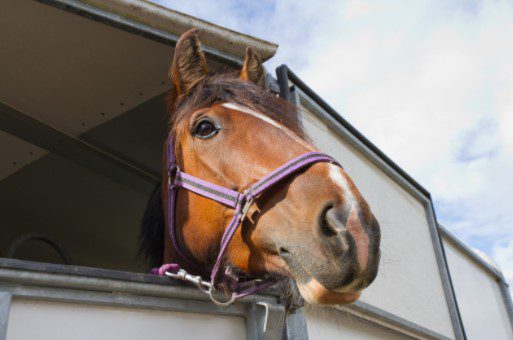
The area in which an instructor works may be why you choose to have them teach you. It may convenient for you to get to them or they may be willing to travel to your yard which just makes life much easier for you. This can often be a deciding factor when choosing an instructor.
Life is busy and we are always looking for ways to cut corners where we can. If you plan on having weekly lessons then you probably don’t want to be travelling too far. Travel costs can mount up and having to get your horse ready for a 7pm lesson in the dark after work where you then have to drive 40 miles to get to your instructor is usually not very appealing.
When looking at a potential instructor’s area of work you will likely want to consider:
- Their geographical location to you
- Costs for travel if you need to go to their yard
- Clinic locations
Where to find instructors
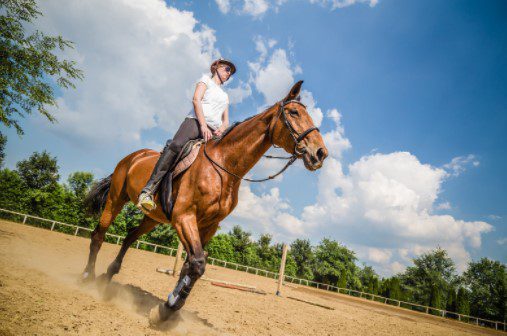
When it comes to seeking out a new instructor there are many places where good instructors can be found. Gone are the days when word of mouth was the only way to get connected in the horsey world. The internet has taken over and we have a wealth of information right at our fingertips.
This isn’t to say that finding an instructor through recommendations doesn’t happen at all, but the internet gives us many more options to seek exactly what we are looking for.
There are many resources for finding a good horse riding instructor and you may want to consider some of the following options:
- BHS Accredited Professional Coach register
- Google search
- Horse related websites and blog
- Personal Recommendations or Word of Mouth
If you are looking for a qualified instructor in the East Midlands area then why not head over to The Everyday Equestrian and check out the lessons and clinics page for more details – Click Here!
